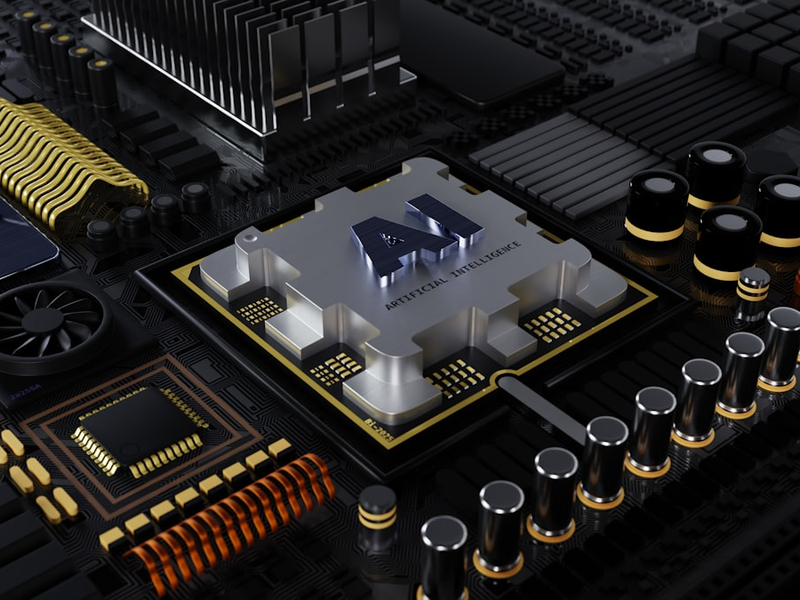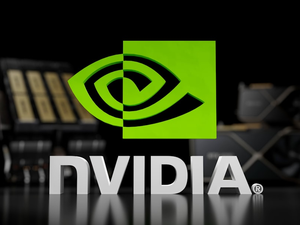Nvidia and AMD's Wild Deal: How Tech Giants Are Playing Global Chess with China

Photo by BoliviaInteligente on Unsplash
In a jaw-dropping twist of international tech diplomacy, Nvidia and AMD have struck an unprecedented agreement with the U.S. government that will see them surrendering 15% of their chip sales revenue to China. This unusual arrangement comes after months of tension surrounding advanced semiconductor exports.
The deal emerges from complex geopolitical negotiations, where the U.S. government initially halted advanced computer chip sales to China over national security concerns. Now, companies like Nvidia and AMD can resume selling artificial intelligence development chips under this revenue-sharing framework.
Nvidia’s CEO Jensen Huang negotiated directly with the administration, successfully reducing a potential 20% revenue share to 15%. The company’s stance remains strategically diplomatic, emphasizing their commitment to following government regulations while hoping to maintain America’s technological leadership.
Congressional reactions have been mixed, with both Republican and Democratic representatives expressing concerns. Representative Raja Krishnamoorthi warned against transforming export controls into “creative taxation schemes,” highlighting the delicate balance between economic interests and national security.
Experts like Derek Scissors from the American Enterprise Institute have raised constitutional questions about the deal, suggesting the arrangement might be legally precarious. The potential implications range from establishing a precedent for export taxes to risking national security for short-term revenue gains.
The semiconductor export landscape represents a critical battleground in the ongoing technological competition between the United States and China. By controlling advanced chip distributions, the U.S. aims to maintain its technological edge while preventing potential AI capabilities from emerging in rival nations.
As the global tech ecosystem continues to evolve, this unprecedented revenue-sharing model could signal a new era of complex international technology negotiations, where economic strategy and national security become increasingly intertwined.
AUTHOR: mls
SOURCE: AP News


















































